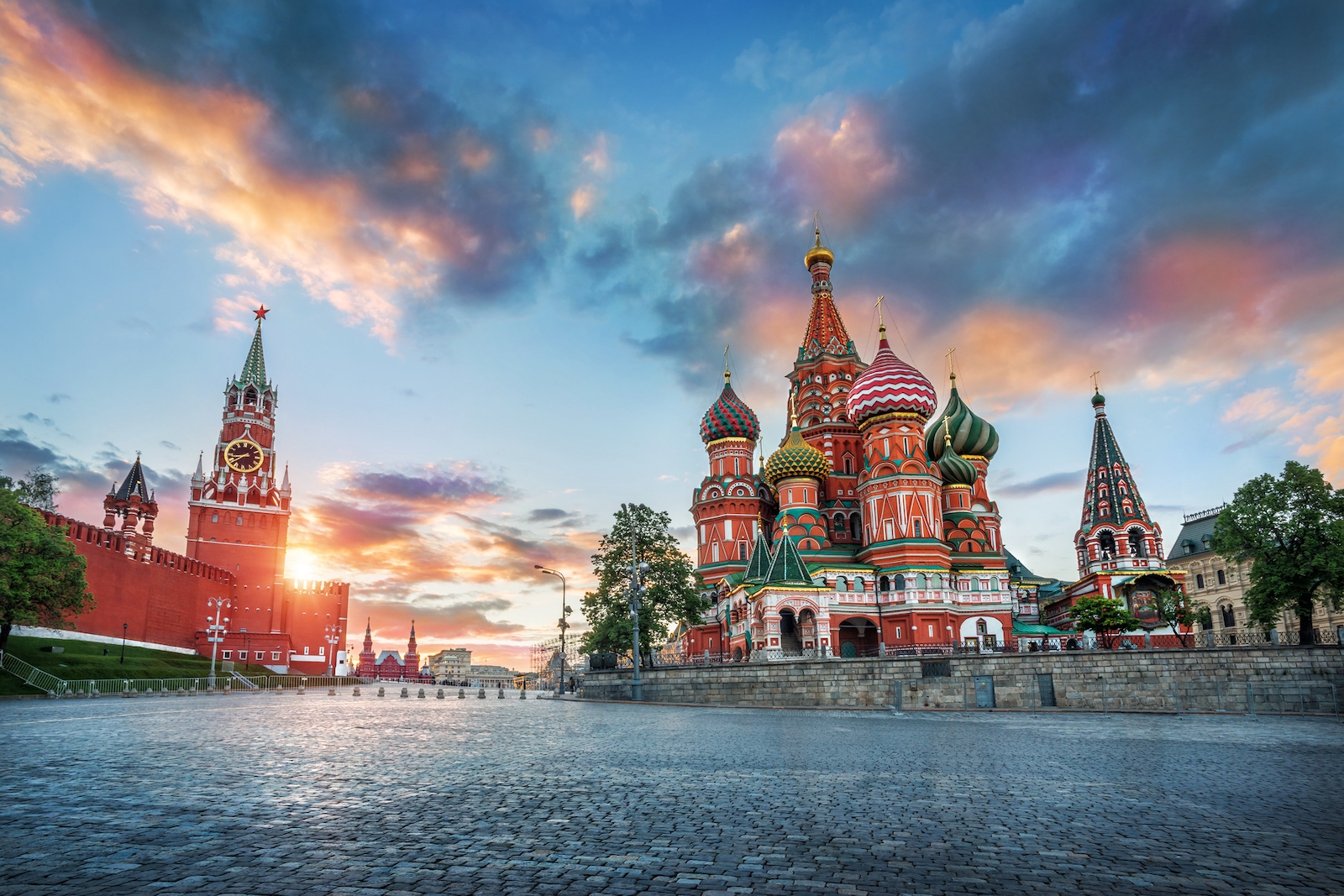
The Scandal of UK Law Firms Still Working for Russian Clients
Since the invasion of Ukraine, there has been growing scrutiny of the legal sector and other professional advisors that have continued to service Russian clients with direct links to the Kremlin.
Whilst most firms have closed their Russian offices and loudly professed to have dropped their Russian clients, the likes of CMS and Harbour Litigation Fund continue to associate themselves with the DIA – a state-owned entity responsible for liquidating and conducting bankruptcy administration proceedings for failed Russian financial institutions.
In the case of Harbour, they strongly rebuke these accusations and claim they haven’t funded any litigation work for the DIA in over a year (but mysteriously fall silent when asked if they will profit from ongoing litigation).
Shockingly, despite many of its executives being sanctioned, the DIA continues to evade Western sanctions. This sadly means that legal cases and bankruptcy proceedings being spearheaded by Western firms on behalf of the DIA will likely end up funding the Russian war effort.
However, some backbench politicians have rightly spoken out on this. Kevin Hollinrake MP was first out of the gate, writing an open letter to the Chancellor of the Exchequer, Rishi Sunak, calling for the DIA to be sanctioned, whilst naming and shaming the likes of CMS and Harbour. Despite this, it fell on deaf ears.
Meanwhile, Daniel Kawczynski MP has questioned the Ministry of Justice on what more the British state intends to do to prevent British law firms from acting on behalf of the DIA. Dominic Raab, the Secretary of State for Justice, didn’t respond, but his under-secretary, James Cartlidge MP, did. In keeping with the department’s inaction so far on this issue, his response was weak and evasive.
Cartlidge argued that “legal services are distinct from other services in the role they play in supporting a flourishing democracy and upholding the rule of law,” reminding us that “access to legal professionals is considered a fundamental right in democratic societies. ” He rounded his response off by proclaiming that “we only have to look at Russia – where corruption is rife and government critics are silenced – to see why the rule of law is so important.”
At first glance, this seems like a reasonable stance. In fact, popular legal commentator, Joshua Rozenberg, echoed this view on his Substack blog. But you barely need a spade to dig slightly beneath the surface to see how shallow this stance is.
To be blunt, by continuing to provide legal services to organisations that are ultimately tied to a regime committing war crimes in a democratic state, Britain is aiding Russia’s decimation of democracy. Whether we like to admit it or not, the democratic institutions and principles Cartlidge proudly champions are being used to erode these very same institutions and principles.
Dominic Raab’s department is making a huge mistake. In light of the no-confidence vote in Prime Minister Boris Johnson, it’s time for someone in the cabinet to pull some punches by sanctioning these Russian firms. Because when Johnson does depart, Volodymyr Zelensky and Ukraine will need faith that his replacement can be trusted as a strong ally, and more importantly, one that is willing to make the hard decisions for the greater good.
So, with Raab and Sunak absent on this issue, step in Liz Truss. Her ambition to become the next prime minister is almost an open secret and having replaced Dominic Raab as Foreign Secretary, this is her chance to not only do the right thing, but also end a potential rival’s bid for the leadership before it’s even started.
Liz Truss has never been known to pull her punches, and with her current focus on preventing the execution of British soldiers fighting in eastern Ukraine after they faced trial in a sham court, it makes obvious sense to block the DIA and any other organisations with links to the Kremlin from accessing the British legal system.

